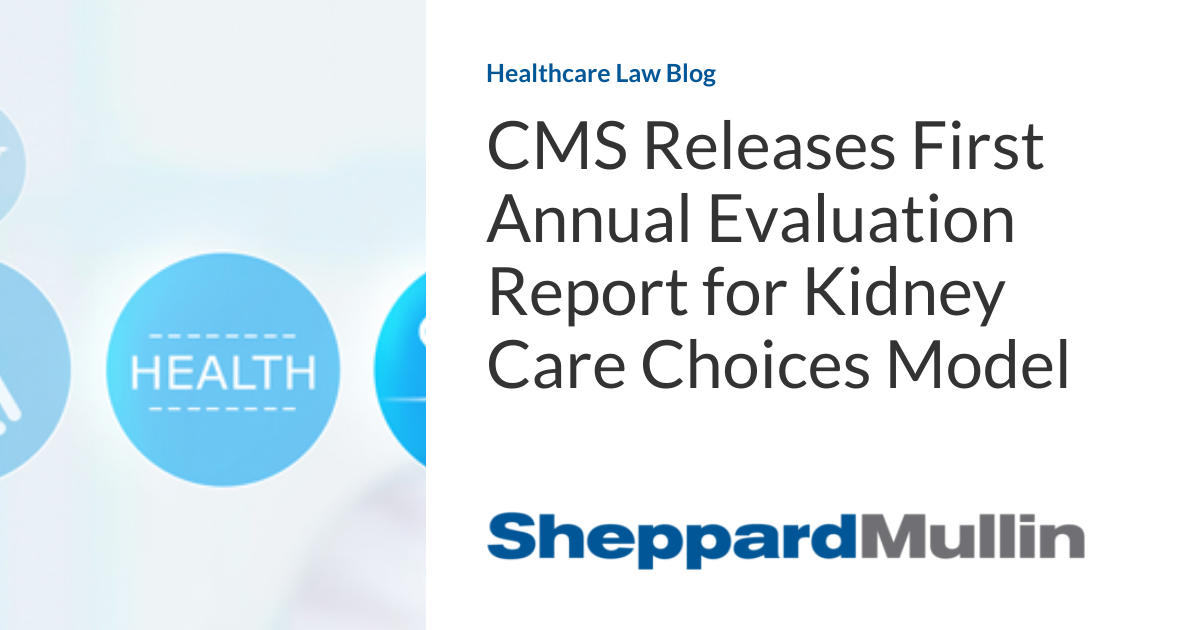
Today’s guest post is from our Dechert LLP colleagues Doug Fleming and Noah Becker. They examine the recently proposed Litigation Transparency Act. As always our guest bloggers deserve all of the credit (and any of the blame) for their efforts.
*****************************
Consider the following scenario — it’s not an unusual one in this brave new world where third-party funding of mass tort litigation has exploded: After months of protracted settlement negotiations, including issues large and small, your client finally reaches an agreement with the opposing party. You and your client think you have closure. But before an agreement can be finalized, another figure emerges from the mist: a litigation funder who has different views and says its approval is required. This is not a hypothetical, but a result that third-party litigation funding can—and has—made a reality. Some members of Congress in both the House and the Senate have begun to take issue with this situation.
The most recent proposal to deal with it was re-introduced this July by Congressman Darrell Issa, specifically the Litigation Transparency Act of 2024 (the “LTA”). The draft statute consists of two provisions relevant to this scenario: (1) Parties are required to disclose—to the court and all other named parties—“any commercial enterprise (other than counsel of record) that has a right to receive any payment that is contingent on the outcome of the civil action or a group of actions of which the civil action is a part” and (2) “produce to the court and each other named party . . . any agreement creating a contingent right referred to in paragraph (1).” Thus, the LTA intends to give parties answers to two questions that supporters believe would have been non-controversial to answer only a short while ago: (1) Who is actually bringing this litigation and (2) Who is financially staked in it?
By way of recent background, this proposal follows another that was co-sponsored by a bipartisan quartet of senators, the Protecting Our Courts from Foreign Manipulation Act (the “FMA”), and is also still pending. The Senate bill requires somewhat similar disclosures but with respect to the particular concern that foreign nations are using “third-party litigation funding to support targeted lawsuits in the United States.” The FMA was originally introduced in September 2023 by Senators John Kennedy and Joe Manchin, and in June, attracted co-sponsor support from John Cornyn and John Hickenlooper.
In addition to a focus on opacity and disclosure issues, underpinning the view of supporters of the LTA in particular is that mass tort litigations are not capital markets. As Professor Donald Kochan explained, while testifying in June about litigation funding reform before the House Judiciary Subcommittee on Courts, Intellectual Property and the Internet, in order “to preserve the civil justice system as predictable, neutral, and accessible,” it must be “maintain[ed] . . . outside the market.” Kochan argues that “[w]hen litigants, or the investors propping them up can start using the court decisions as investment vehicles,” courts are changed into “something they are not intended to be, necessarily diluting their ability to serve their traditional role.”
Introduction of the LTA follows several litigations in which these issues have come into sharp focus. For example, in Nimitz Techs. LLC v. CNET Media, Inc., 2022 WL 17338396, at *26 (D. Del. Nov. 20, 2022), the parties were subject to a general standing order issued by Judge Colm Connolly that mandated that parties provide details about litigation funding somewhat similar to those proposed by the LTA. See Id at *3. No such disclosure was made, but Judge Connolly ultimately discovered that litigation funders were involved to such an extent that the “plaintiffs” made none of their own decisions. Id. at 18 (“Q. And is it your understanding that all the litigation decisions are made by the lawyers and [the funder]? A. Correct.”). All of this caused Judge Connolly to muse about whether third-party litigation funders had “perpetrated a fraud on the court” “designed to shield” themselves “from the potential liability they would otherwise face . . . in litigation.” Judge Connolly ordered the parties to produce documents evincing the extent of the relationship between the funder and the ostensible plaintiffs and plaintiffs sought mandamus to the Federal Circuit. In re: Nimitz Techs. LLC, 2022 WL 1794845, at *3 (Fed. Cir. Dec. 8, 2022), which was denied. Judge Connolly then referred plaintiffs’ attorneys to their bar disciplinary counsel and certain attorneys for the undisclosed entities to the Texas Supreme Court’s Unauthorized Practice of Law Committee. Nimitz Techs. LLC v. CNET Media, Inc., 2023 WL 8187441 (D. Del. Nov. 27, 2023).
Another example was in antitrust litigation brought by Sysco against certain meat suppliers for alleged price-fixing violations. In late 2022, Sysco prepared to settle part of the litigation pending in the Northern District of Illinois and the District of Minnesota. However, unbeknownst to the settling defendant, the litigation funder had been funding the litigation since 2019 (in the amount about $140 million). The litigation funder did not approve the settlement and had had it enjoined through arbitration. The funder and Sysco eventually worked to resolve their differences, in part by proposing to substitute the funder for Sysco in the relevant litigations. The Court in the Northern District of Illinois permitted the substitution, reasoning that the funder’s presence “would facilitate the conduct of the litigation.” In re Broiler Chicken Antitrust Litig., 2024 WL 1214568, at *1 (N.D. Ill. Mar. 21, 2024). But the Court in the District of Minnesota took the opposite tack, explaining that the substitution “contravene[ed] public policy favoring party control over litigation and settlements.” In re Pork Antitrust Litig., 2024 WL 2819438, at *2 (D. Minn. June 3, 2024).
The LTA proposes to address these types of situations by mandating transparency, which in the view of its proponents, is essential to starting to bring order to litigation funding and facilitating the public policy goal of encouraging settlements. While the LTA is in a preliminary stage, it’s one to watch for those concerned about litigation funding and focused on the facilitation of settlements.

















